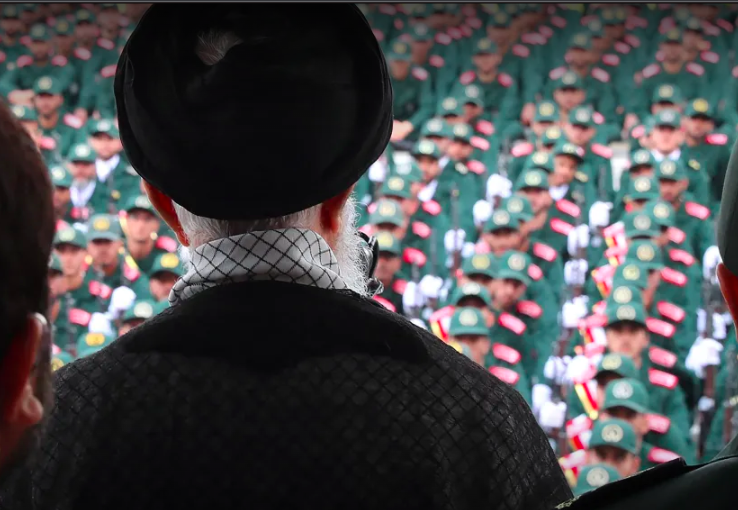
Accused of helping Iran buy anti-drone systems, Toronto-area man says he’s ‘not a criminal’
On Nov. 21, 2017, U.S. Customs and Border Patrol agents at the Port of Newark, N.J., seized an industrial microwave system that its export papers said was going to Dubai.
But according to U.S. investigators, the city was only a transit point for the “highly sensitive” device, which can be used to make powerful directed energy weapons.
The final destination was Tehran, they said, to a technology company that was on the U.S. sanctions list for supplying Iran’s notorious Islamic Revolutionary Guard Corps.
For his alleged role in the scheme, a 43-year-old Toronto business consultant named Bader Altaf Fakih was indicted by the U.S. Justice Departmen
An Indian citizen who lives in Whitby, Ont., Fakih is also accused of attempting to buy two counter-drone systems worth US$1 million for the same Iranian purchasers.
The charges awaiting him in U.S. District Court include money laundering, conspiracy, aiding and abetting, and evading sanctions. His Toronto-based tech company Ipaxiom is also named as a defendant.
But while the U.S. case against Fakih was announced over a year ago, Canadian authorities have not arrested him. His only court proceedings on this side of the border concern his application for Canadian citizenship, with the help of the office of a member of Parliament.
On the same day his indictment was unsealed in Washington, D.C., on Jan. 27, 2022, Fakih filed a case against the government in the Federal Court in Toronto, arguing a “duty is owed” to him to process his citizenship application.
“I would like to place a humble/plea request to expedite the processing of my application as it has impacted and held me from attending many important events,” he wrote in an email to immigration officers on M
Canadian immigration records show that, on three occasions between 2019 and 2022, Liberal MP John McKay’s office made inquiries on Fakih’s behalf about his bid for citizenship.
Asked why his office had helped Fakih, McKay said in a statement that “constituents are entitled to reach out to their MP’s offices for assistance related to services or programs offered by the federal government.”
McKay, who chairs the standing committee on national defence, declined to respond to questions specifically about Fakih.
Were he to obtain Canadian citizenship, Fakih could not be deported — although he could still be extradited to stand trial in the United States.
Canadian authorities would not say whether the U.S. had requested Fakih’s extradition.
He told immigration officials in an email that while his brother was “involved in a legal matter” in the U.S., he had “not been provided with any court documents indicating that I am personally being charged or involved in any criminal acts relating to the case.”
Saber Fakih, an Ipaxiom official based in the United Kingdom, has already pleaded guilty to violating U.S. sanctions against Iran, and the indictment against Bader Fakih was filed in court in Ottawa in January as part of his citizenship case.
A spokesperson for the U.S. Attorney’s Office for the District of Columbia, Patty Hartman, said Fakih was still wanted for allegedly evading sanctions put in place to contain Iran and its Revolutionary Guard.
In a phone call, Fakih said he had been advised not to comment. However, he said he opposed the Iranian regime, and new information would be forthcoming about the case, although he would not elaborate.
“I’m not a criminal,” he said.

